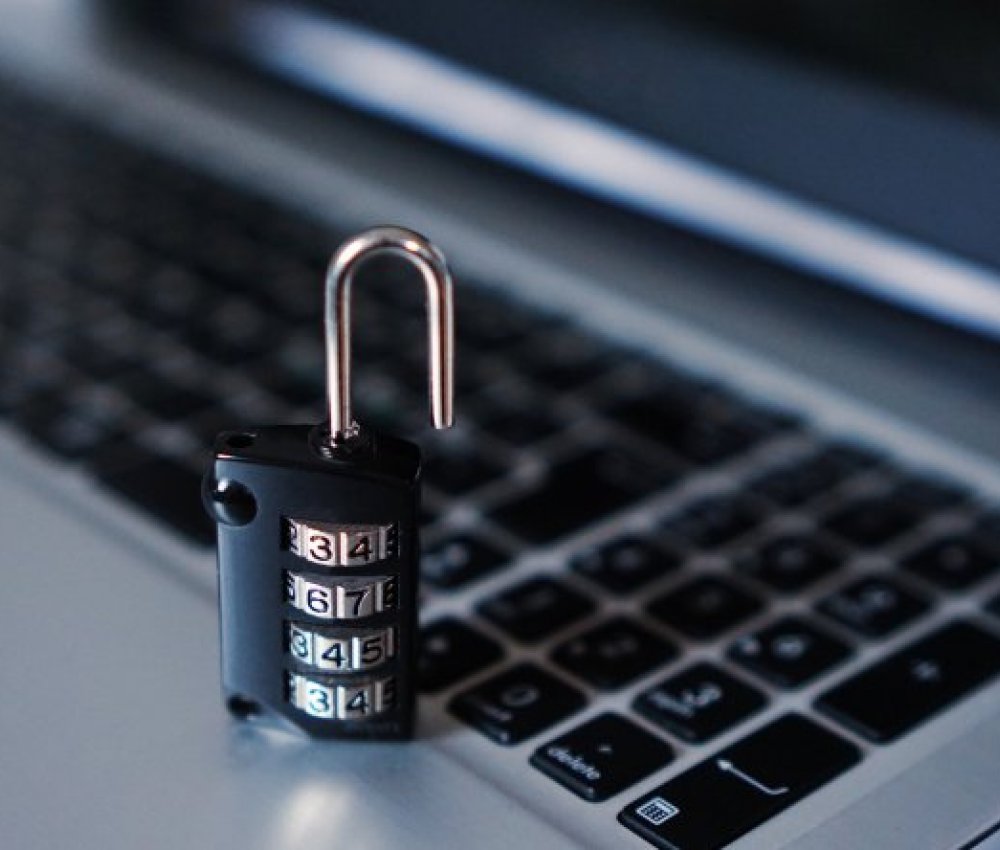Internet is a tool without which many people cannot imagine their life. It is here where you can find a lot of information, get some entertainment, write with friends or make a bank transfer. However, the Internet has many disadvantages, which every user has probably come across more than once. So is it possible to create a second version of the Internet, which will be better, more useful and free of errors?
Problems appear at the very beginning
Let's start at the very beginning. Access to the Internet 2.0 would have to be available to anyone, without buying additional tools or devices or changing the current ones. So we will need a totally new idea and approach to the IP addressing project. It must be compatible with both IPv4 and IPv6 and be easier to use. Changes would also affect DNS. We should also not forget about security, which in case of current Internet is quite poor, has many gaps and works slowly. Therefore, new and faster protocols with RPKI-type security will have to be mandatory. Web security This is the basis that every user should take into account.
If by some miracle we managed to deal with the above problems, we would have to build everything from scratch. Websites, search engine, algorithms, add-ons, tools for ordinary users, and this is just the tip of the iceberg. With such a large amount of code, it is easy to make omissions and shortcomings, which would probably be immediately taken advantage of by outsiders.
Security and image
BERLIN WEATHERInternet 2.0 would have to be error-free, anonymous and safe for users. Any slip-up in one (and not only) of those things would mean an image flop. Such a state of affairs would be unaffordable, as the entire globe would have its finger on the pulse and make comparisons to the current Internet. Users would have to convince themselves of the change and be sure of it, which is no easy task considering how many things we currently have on the internet.
Problems with development
Assuming that Internet 2.0 It will function so smoothly and intuitively that people will start using it at the expense of the current Internet, there will come a time when politicians will demand it. Every country has its own rules, and while freedom on the Internet comes as no surprise in Poland, there are countries that cling to hard rules and don't allow their citizens to be free. The world powers will also try to gain as much influence as possible in this area in order to acquire more tools for data acquisition and surveillance of the society. It can be assumed that the creators will reject all proposals, but sooner or later countries like the USA, Russia or North Korea will impose tough conditions and stop "playing".
Good is the enemy of better
No one needs to be convinced that sometimes it's simply not worth changing something that is good. Nowadays, everyone on the Internet has their own well-known and well-liked websites, which they visit all the time, they know how to use a browser and interface there are no secrets for him. Internet 2.0 will be able to force users to make changes that not everyone necessarily likes. This is even more crucial if we are talking about older people, who do not have such an easy time adapting to new solutions.
Creating Internet 2.0 is an insanely difficult and challenging task that seems to be out of anyone's reach at the moment. It is more likely that the current Internet will undergo a major change.
Sponsored article















Comments (0)